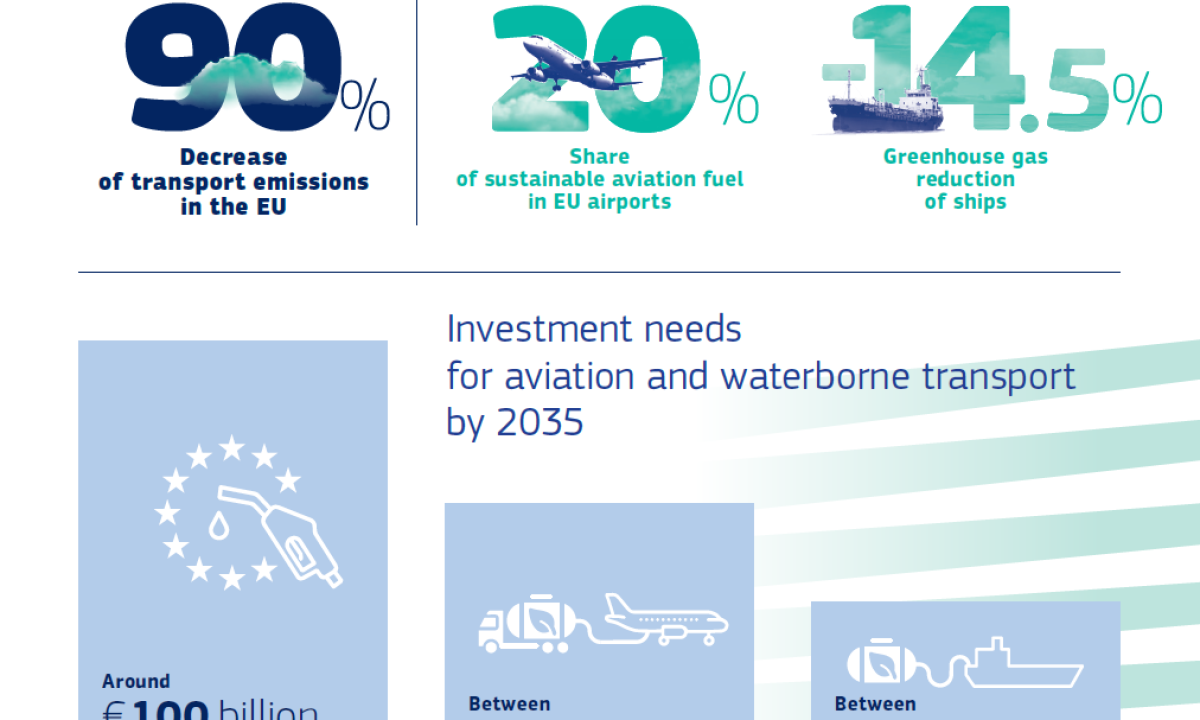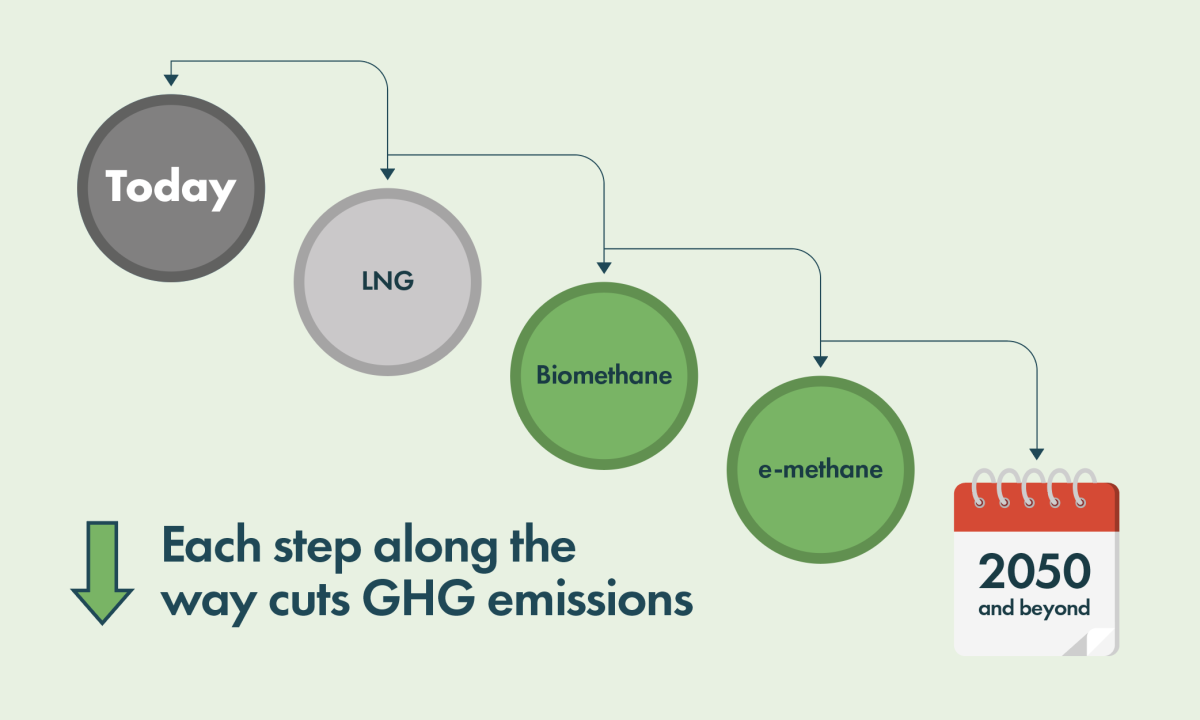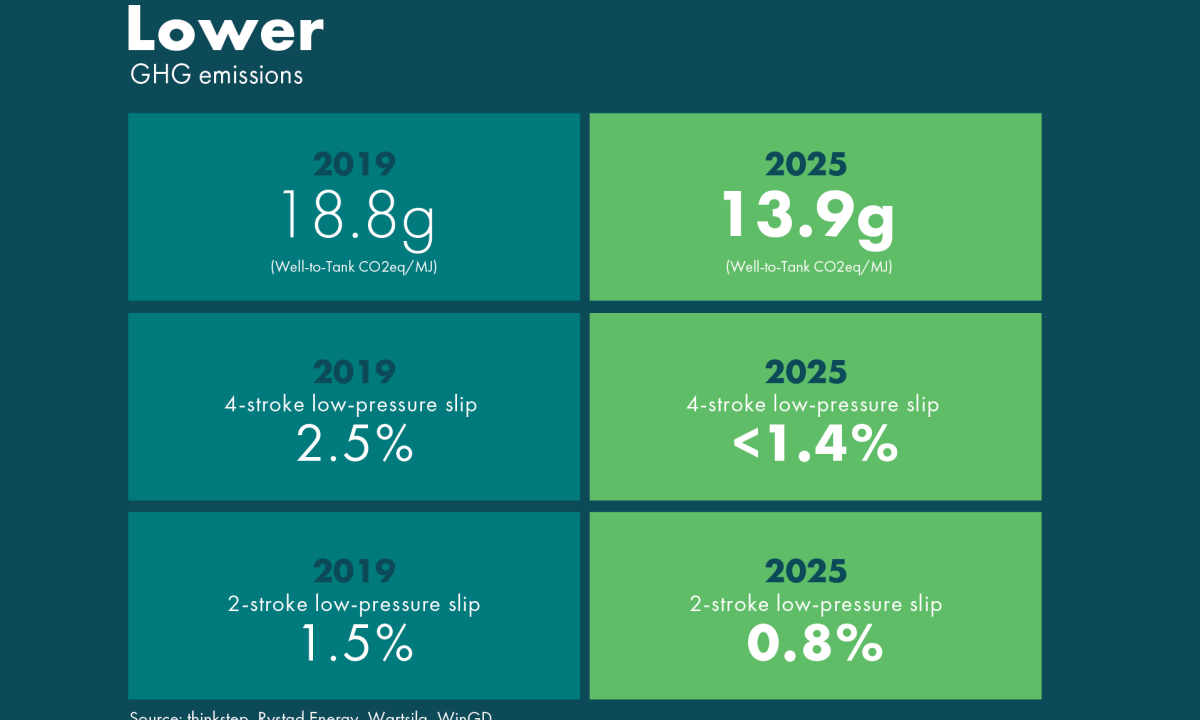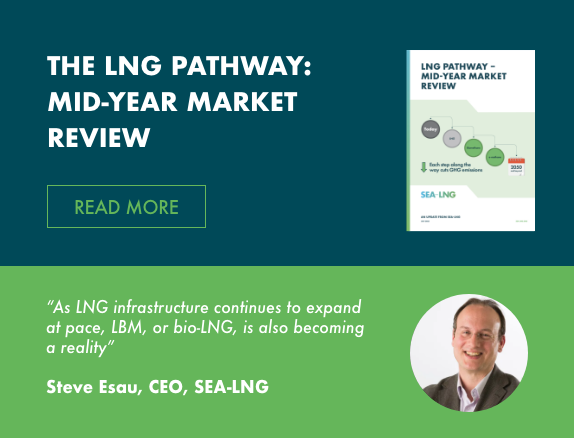11th July 2019
LNG PROVES COMPETITIVE FOR PCTC NEWBUILDS

Independent study confirms LNG delivers best return on investment for Pure Car and Truck Carriers on Atlantic and Pacific trade lanes
LONDON, 11 July 2019: SEA-LNG has today released an independent study showing that LNG as a marine fuel delivers the best return on investment and is a competitive option for newbuild Pure Car and Truck Carriers (PCTC) on Pacific and Atlantic trade lanes.
“This is the second in a series of studies commissioned from independent simulation and analytics expert Opsiana. Similarly to the results of the liner investment case, this study shows that shipowners ordering PCTC newbuildings should take advantage of the environmental, operational and commercial benefits of LNG.”
Peter Keller, Chairman, SEA-LNG
The study considered two PCTC trading scenarios using a 6,500 Car Equivalent Unit (CEU) vessel on the Atlantic Trade and an 8,000 CEU vessel on the Pacific Trade. The study indicated that LNG as a marine fuel delivers the best return on investment on a net present value (NPV) basis over a conservative 10-year horizon, with fast payback periods ranging from one to three years on the Atlantic Trade and from less-than-one year to two years on the Pacific Trade.
These two routes were chosen based on trading scale, with approximately 3.2M vehicles shipped on the Pacific Trade and 1.7M on the Atlantic Trade every year. LNG proved to be the best investment across both trading zones. This higher investment return was achieved without including the significant additional benefits and branding value gained[1] by choosing LNG as a more environmentally friendly marine fuel. When corporate sustainability and environmental goals are included, including potential future charges on CO2 production, choosing LNG as a marine fuel brings additional benefits.
The study provides greater clarity for those investing in LNG and highlights six key findings: LNG has a better return on investment, the CAPEX hurdle is diminishing, it delivers competitive energy costs, has higher environmental performance, and is the most financially effective long-term method for complying with the 2020 sulphur cap. It also underlines the fact that scrubber operation is significantly more expensive than widely reported, and that the cost of LNG is stable.
The financial results are more compelling given that this higher traditional investment return was achieved by choosing LNG, the only commercially viable marine fuel alternative available at scale today which is successfully able to achieve corporate sustainability and environmental goals.
To ensure the best possible data was available to Opsiana, SEA-LNG members contributed their maritime expertise and current corporate information and data from across the LNG value chain, to guarantee a high level of creditability in the study and results. All cost data was accurate in accordance with the latest estimations from industry experts, derived from their experiences in operation.
While this study focuses specifically on the PCTC investment case for LNG within a specific trade route, the coalition continues to collaborate with third parties on further independent research which will analyse the investment case for a dry bulk vessel and a very large crude carrier (VLCC).
Keller concluded: “LNG is a safe, mature, commercially viable marine fuel offering superior local emissions performance, significant Greenhouse Gas (GHG) reduction benefits, and a potential pathway to a zero-emissions shipping industry. SEA-LNG will continue to provide factual, independently verified information that objectively supports owners and operators in decision-making for 2020 and beyond.”
The full investment case study can be accessed via the following link: //sea-lng.org/wp-content/uploads/2019/07/SEA-LNGStudyFINAL2.pdf
Notes to editors
• For the latest SEA-LNG news, please visit: //sea-lng.org/news-and-views/
• To share news about the coalition, please tweet us @SEA-LNGcoalition
About SEA-LNG
SEA-LNG is a UK-registered not for profit collaborative industry foundation serving the needs of its member organisations committed to furthering the use of LNG as an important, environmentally superior maritime fuel.
SEA-LNG has members across the entire LNG value chain including providers of the product, users, engine and asset suppliers, and class societies. SEA-LNG is already recognised as an International leader in LNG matters. Each member organisation commits mutually agreed human resources, data analysis and knowledge sharing in support of SEA-LNG initiatives and activities and financially contributes via a membership fee. SEA-LNG is guided by a board, which is led by chairman Peter Keller, who was elected as Founding Chairman in 2016.
SEA-LNG’s members include: ABS, Carnival Corporation & plc, Clean Marine Energy, DNV GL, Eagle LNG Partners, ÉNESTAS, Exeno Yamamizu, Fearnleys AS, Gasum, GE, GTT, JAX LNG, Keppel Gas Technology, “K” LINE Group, Lloyd’s Register, MAN Energy Solutions, Maritime and Port Authority of Singapore (MPA), Marubeni Corporation, Mitsubishi Corporation, Mitsui & Co., Ltd., Naturgy, Novatek Gas & Power, NYK Line, Pivotal LNG, Port of Rotterdam, Port of Virginia, Qatargas, Shell, Société Générale, Sumitomo Corporation, Total, TOTE Inc., Toyota Tsusho, Uyeno Group of Companies, Vancouver Fraser Port Authority, Wärtsilä, and Yokohama-Kawasaki International Port Corporation (YKIP).
About Opsiana
Opsiana is a Scandinavian consultancy providing innovative solutions to the most complex business problems. Opsiana’s consultants are recognized optimization, simulation, and analytics experts with deep knowledge of the shipping and marine fuels segments. Opsiana has developed proprietary algorithms for the optimization of liner networks, strategic and tactical fuel procurement, and marine pilotage. Visit www.opsiana.com to see how we can help your company leverage digitalization and advanced analytics to thrive in a rapidly evolving regulatory and technological landscape.
Media enquiries
Lisa Davison
BLUE Communications
M: +44 (0) 7936 699 235 / T: +44 (0)1865 514 214
lisa.davison@blue-comms.com
[1] Benefits gained in terms of CO2 generated and pollutants produced per CEU transported.
TwitterLinkedIn



